Description
EMERSON MVME5500 + TEWS TPMC917 — A proven VME SBC platform with multi‑serial PMC I/O for industrial control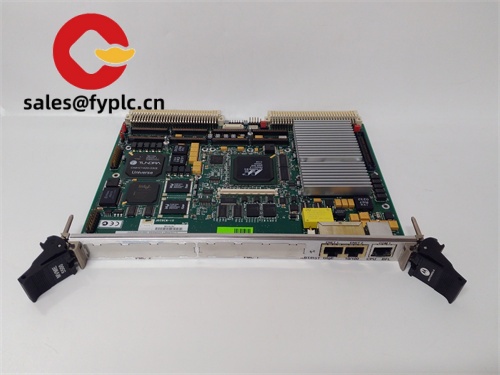
If you’re maintaining or upgrading a VME-based system, the EMERSON MVME5500 paired with a TEWS TPMC917 PMC module hits a very practical sweet spot. The MVME5500 is a robust 6U VME64x PowerPC single board computer that has been widely used in factory automation, ATE, and energy systems. Add the TPMC917 for high-density serial communications and you’ve got a compact, reliable control node that typically drops straight into existing 6U VME chassis with minimal software changes. One thing I appreciate is how predictable this combo is in legacy racks—less risk, faster commissioning.
Company’s Order Placement Process and Guarantees
- Warranty: 365 days
- Delivery time: 1 week for in-stock; no more than one month at the latest
- Payment: 50% advance payment, full payment for delivery
- Express delivery methods: FedEx, UPS, DHL
Key Features
- Rugged VME64x computing (MVME5500) – 6U VME SBC based on PowerPC architecture, designed for long-life embedded deployments.
- Dual PMC expansion – Two PMC sites on the MVME5500 allow flexible I/O; the TPMC917 fits seamlessly to add dense serial interfaces.
- High-density serial I/O (TPMC917) – Typically provides multiple RS‑232/422/485 channels with FIFO buffering; ideal for device gateways and legacy equipment.
- Industrial-ready thermal profile – Designed for forced‑air cooled VME enclosures; stable operation in typical plant-floor environments.
- Network connectivity – MVME5500 variants commonly offer Gigabit Ethernet for control network or data backhaul.
- Lifecycle support – Mature software ecosystem (VxWorks, Linux in many cases), with proven field reliability and excellent availability of spares.
Technical Specifications
| Brand / Model | EMERSON MVME5500 (6U VME64x SBC) |
| HS Code | 8471.50 (Processing units for automatic data processing machines) |
| Power Requirements | +5 V from VME backplane; typical 25–40 W depending on CPU speed and installed PMC modules |
| Dimensions & Weight | 6U VME board, approx. 233.35 × 160 mm; ~0.6–0.8 kg (assembly dependent) |
| Operating Temperature | 0 to +55 °C (standard, forced-air); storage typically −40 to +85 °C |
| Signal I/O Types | Ethernet, serial ports (model dependent), PMC rear/front I/O via Pn connectors |
| Communication Interfaces | Typically dual 10/100/1000 Ethernet, UARTs; additional interfaces via PMC modules |
| Installation Method | 6U VME64x slot installation; front panel I/O and optional rear I/O via transition module |
Application Fields
From my experience, this setup is a good fit when you need deterministic control with a lot of serial device endpoints:
- Automated Test Equipment (ATE) – instrument control, fixture management, barcode/RFID readers, legacy analyzers.
- Factory Automation – PLC/drive supervision, HMI gateways, data collection from RS‑232/422/485 devices.
- Energy & Utilities – substation IED interfacing, serial-to-network bridging in protection and monitoring systems.
- Transportation & Rail – signaling interfaces, diagnostics, wayside equipment control.
- Laboratory/Research Racks – quick expansion of serial ports for instruments without redesigning the whole crate.
Advantages & Value
- Drop‑in compatibility – Keeps your existing VME infrastructure; typically no changes to the chassis or backplane.
- Reduced integration risk – Mature boards with stable firmware and driver support for common RTOS and Linux.
- Flexible I/O scaling – PMC mezzanine lets you tailor ports and signaling to the exact device mix in the field.
- Serviceability – Spare availability, clear front‑panel access, and known-good field procedures shorten downtime.
- Total cost control – Extending the life of proven VME assets often beats the cost and risk of platform migration.
You might notice that teams standardizing on the MVME5500 rarely need to touch their wiring once it’s in. One maintenance lead told us, “We swapped a failed CPU card, reseated the TPMC serial card, and the test stand was back up in under an hour.” That’s the kind of predictable behavior plants rely on.
Installation & Maintenance
- Chassis – Install in a 6U VME/VME64x chassis with adequate forced‑air cooling (steady, clean airflow along the card surface).
- Power – Ensure stable +5 V rail within VME tolerance; budget headroom for PMC loads (TPMC917) and any rear I/O.
- Wiring – Use shielded serial cables for RS‑422/485 runs; maintain proper grounding and RS‑485 bias/termination.
- Environment – Keep intake filters clean; avoid dust/oil mist around the crate; typical operating range 0–55 °C.
- Firmware & OS – Align boot monitor/firmware revisions with your RTOS or Linux release; keep a known-good image on hand.
- Routine care – Quarterly inspection for connector wear; annual fan/cooling check; reseat PMC modules if shock/vibration events occur.
Quality & Certifications
- CE conformity and UL recognition are typical for MVME5500 builds intended for industrial markets.
- Manufacturer quality systems: ISO 9001 (factory dependent).
- RoHS status can vary by date code/configuration; we can match the compliance level required for your project.
- Warranty: 365 days hardware warranty from delivery.
Notes on compatibility
The TEWS TPMC917 is a PMC module and is commonly paired with EMERSON MVME5500 systems for multi‑serial expansion. Port counts and exact signaling options can vary by TPMC917 sub‑variant; if you share your required RS‑232/422/485 mix and any rear I/O needs, we’ll specify the exact assembly and front panel/transition configuration that matches your rack.

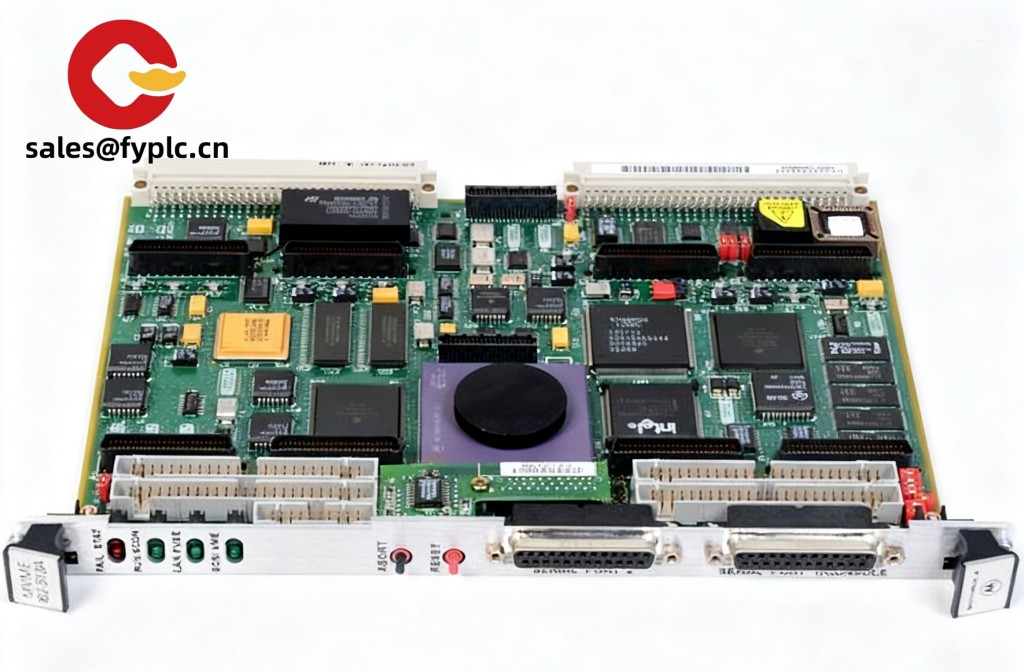


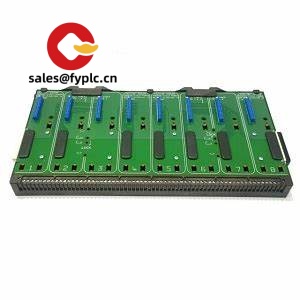
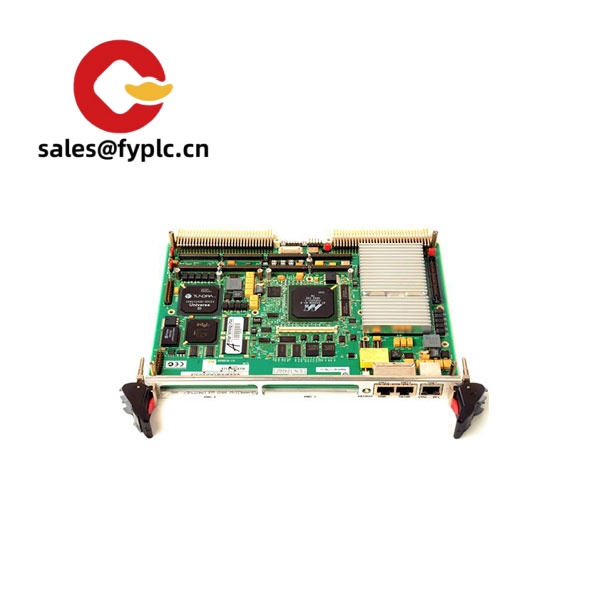
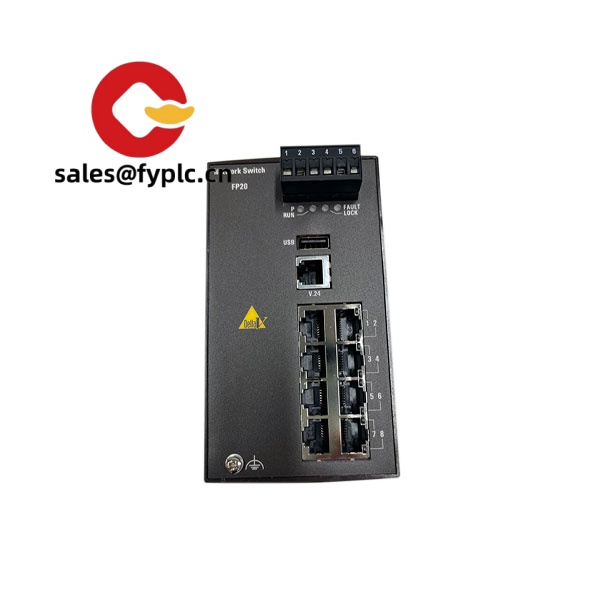
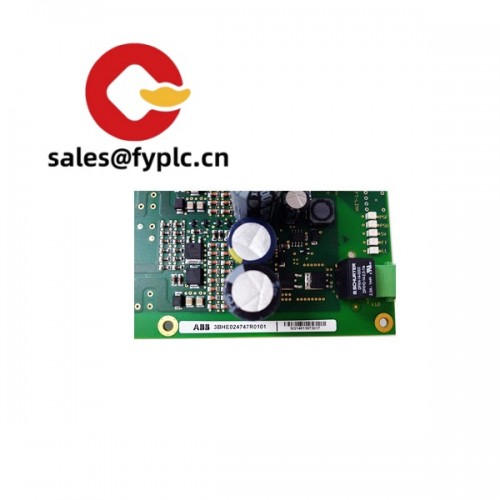
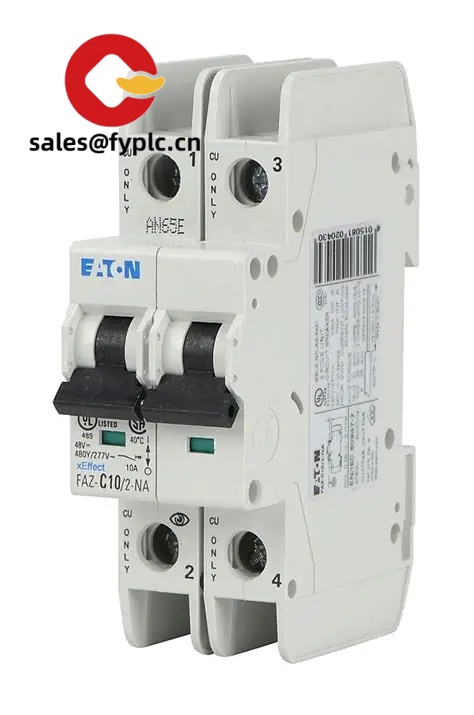
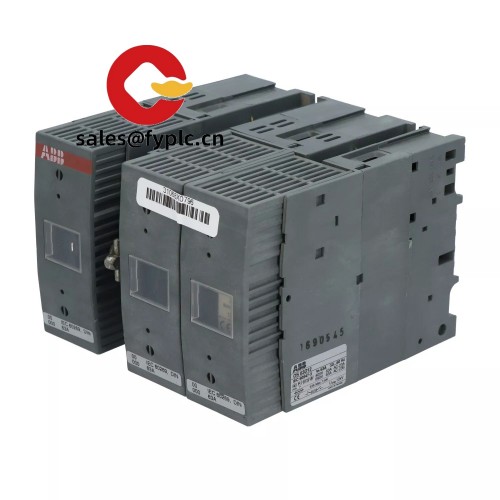
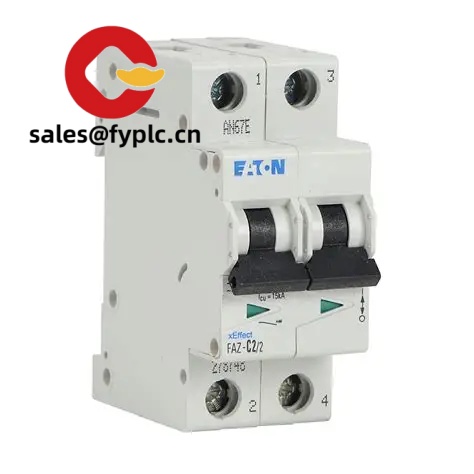
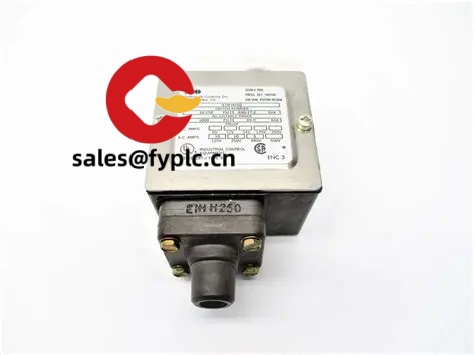


Reviews
There are no reviews yet.